From the Europol webpage
The EU Serious and organised crime threat assessment (SOCTA) 2021 is the outcome of a detailed analysis of the threat of serious and organised crime facing the EU, providing information for practitioners, decision-makers and the wider public. As a threat assessment, the SOCTA is a forward-looking document that assesses shifts in the serious and organised crime landscape.
The SOCTA 2021 sets out current and anticipated developments across the spectrum of serious and organised crime, identifies the key criminal groups and individuals involved in criminal activities across the EU and describes the factors in the wider environment that shape serious and organised crime in the EU.
 The SOCTA 2021 provides an overview of the current state of knowledge on criminal networks and their operations based on data provided to Europol by Member States and partners and data collected specifically for the SOCTA 2021. In trying to overcome the established, and limiting, conceptualisation of organised crime groups, this assessment focuses on the roles of criminals within criminal processes and outlines how a better understanding of those roles allows for a more targeted operational approach in the fight against serious and organised crime.
The SOCTA 2021 provides an overview of the current state of knowledge on criminal networks and their operations based on data provided to Europol by Member States and partners and data collected specifically for the SOCTA 2021. In trying to overcome the established, and limiting, conceptualisation of organised crime groups, this assessment focuses on the roles of criminals within criminal processes and outlines how a better understanding of those roles allows for a more targeted operational approach in the fight against serious and organised crime.
Key findings of the report include:
- Close to 40% of the criminal networks active in the EU are involved in the trade in illegal drugs.
- Around 60 % of the criminal networks active in the EU use violence as part of their criminal businesses.
- The use of corruption and the abuse of legal business structures are key features of serious and organised crime in Europe. Two thirds of criminals use corruption on a regular basis. More than 80 % of the criminal networks use legal business structures.
A whole section of the report is dedicated to The trade in illegal drugs in the EU.
Europol is the EU’s law enforcement agency and it assists the Member States in their fight against serious international crime and terrorism. Established in 2000, Europol is at the heart of the European security architecture and offers a unique range of services. Europol is a support centre for law enforcement operations, a hub for information on criminal activities, and a focal point for law enforcement expertise. Analysis is central to Europol’s activities. To give its partners deeper insights into the crimes they are tackling, Europol produces regular assessments offering comprehensive, forward-looking analyses of crime and terrorism in the EU.
is the EU’s law enforcement agency and it assists the Member States in their fight against serious international crime and terrorism. Established in 2000, Europol is at the heart of the European security architecture and offers a unique range of services. Europol is a support centre for law enforcement operations, a hub for information on criminal activities, and a focal point for law enforcement expertise. Analysis is central to Europol’s activities. To give its partners deeper insights into the crimes they are tackling, Europol produces regular assessments offering comprehensive, forward-looking analyses of crime and terrorism in the EU.
To read the report, follow this link>>>.



 The Global Initiative against Transnational Organized Crime (
The Global Initiative against Transnational Organized Crime (
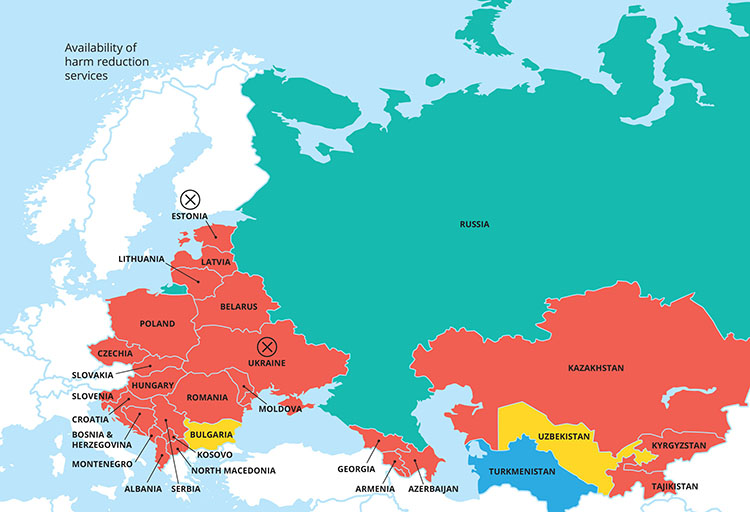



 Global Initiative Against Transnational Organized Crime
Global Initiative Against Transnational Organized Crime To read the report,
To read the report, 
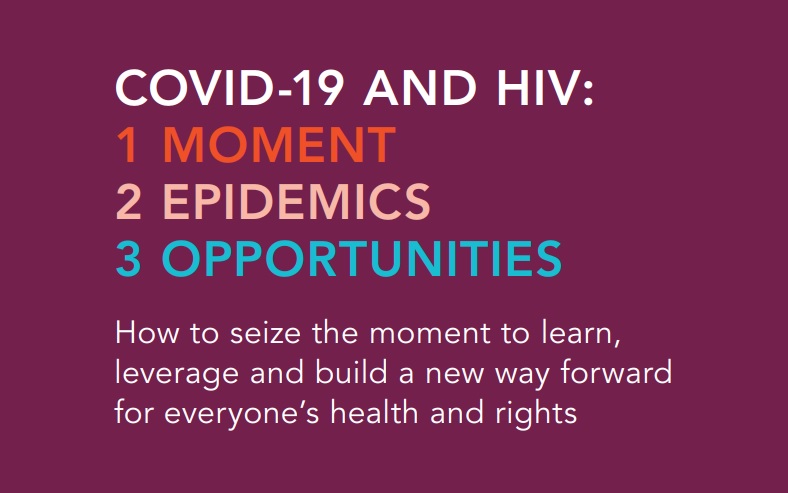
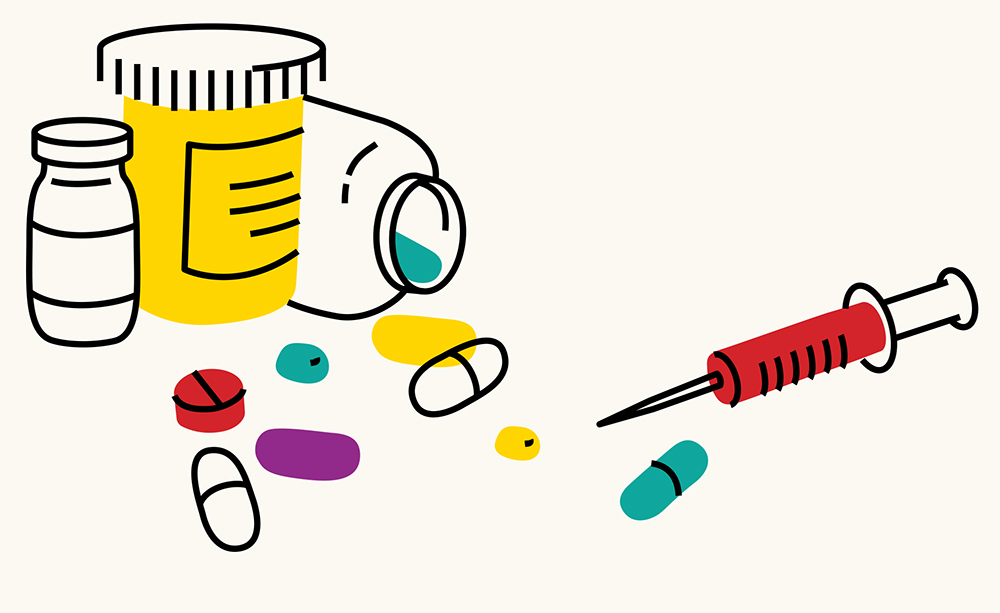

 The appearance of NPS in Serbia is not a new phenomenon, but their market share is very small. NPS have been talked about for a whole decade, although scientific research and answers to their appearance in the form of special services aimed at ensuring the health and well-being of users, but also the whole society, have not progressed at all.
The appearance of NPS in Serbia is not a new phenomenon, but their market share is very small. NPS have been talked about for a whole decade, although scientific research and answers to their appearance in the form of special services aimed at ensuring the health and well-being of users, but also the whole society, have not progressed at all. To read the reports,
To read the reports, 
 To read the Report in various languages follow these links
To read the Report in various languages follow these links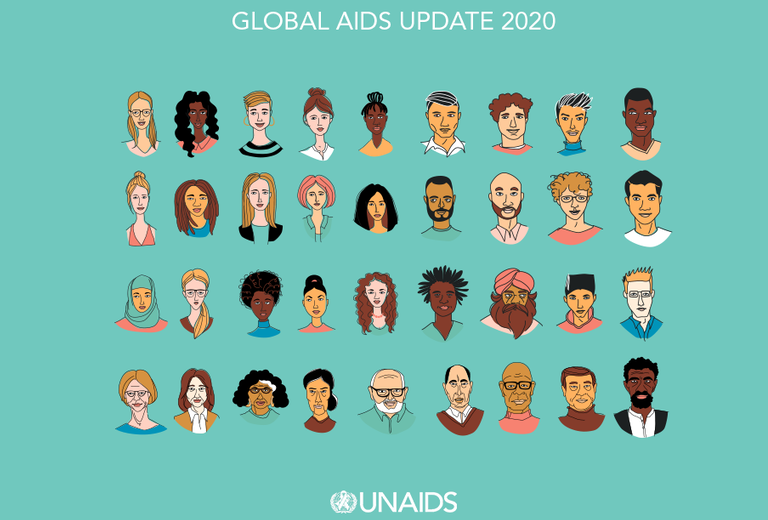


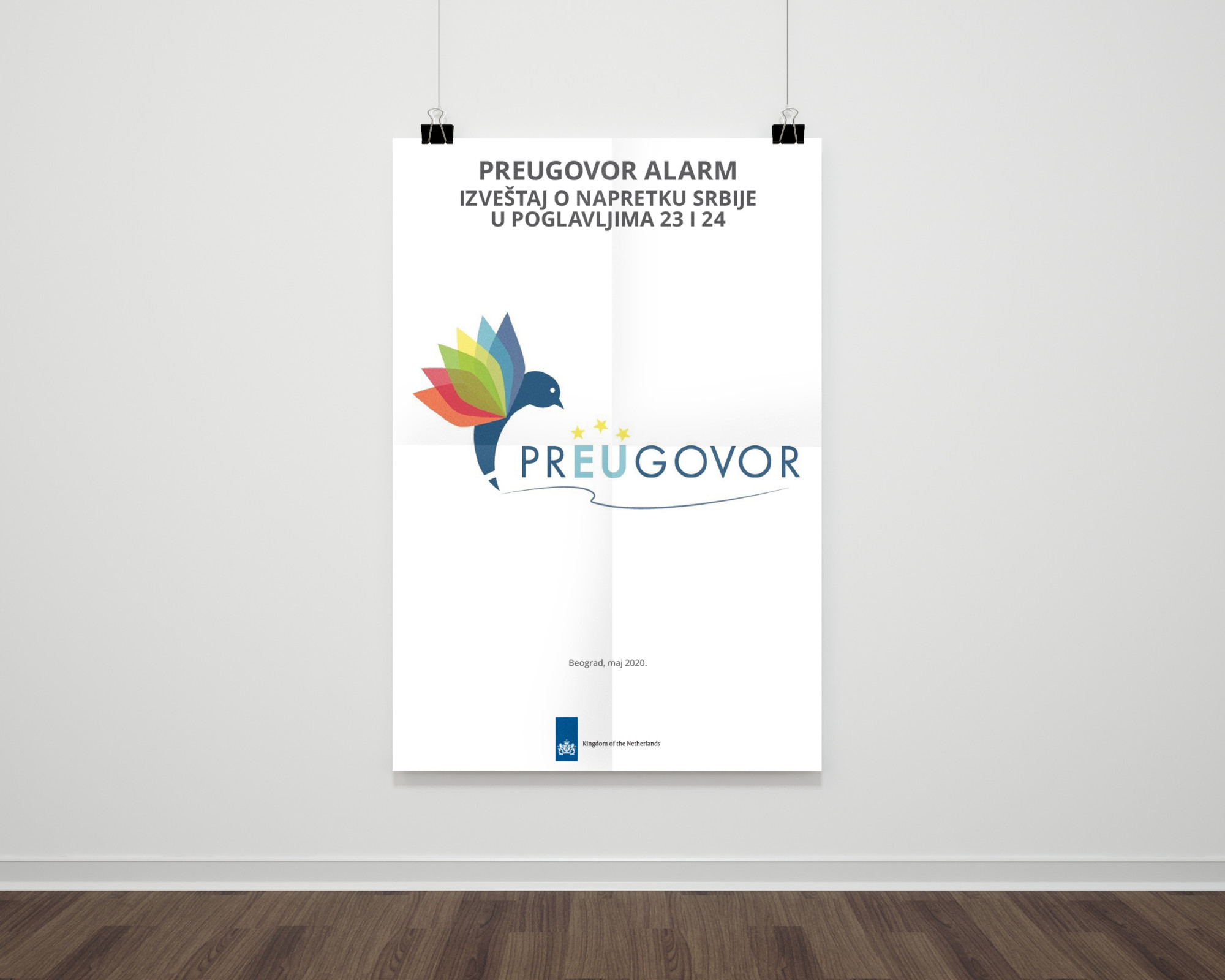
 The Coalition
The Coalition  To read full report,
To read full report,